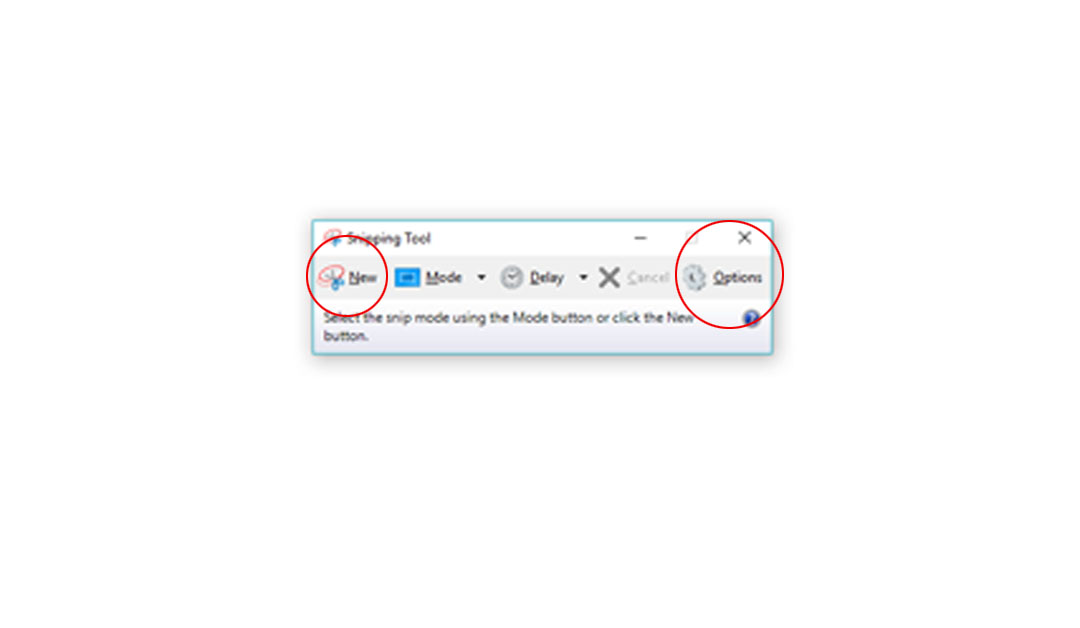Once upon a time, IE (Internet Explorer) was the default web browser on every Apple Mac devices. Until 2003, the Company released the Safari browser that eventually resulted in disconnecting any support of IE for Mac OS from 2005 onwards.

After that, the contact that Microsoft and Apple were ended, and any download links of the official websites were terminated. Getting internet explorer on Mac easily is not achievable unless you’ve to download a risky edition from Torrent websites.
So unless you’re still running Max OS X 10.6 and earlier editions, you would not be able to get and operate IE, and the only versions you might capable to access have unsupported since 2005. For anybody with a passing knowledge of computers, that sounds like a min security breach waiting to occur.
You do not need to run a web browser that has not benefited from any official assistance for over a decade, so for those who need access to Internet Explorer for Mac, this post is about how to run internet explorer on Mac.
How to install and use IE on Mac?
Installation Procedure:
To install IE for Mac, follow these guidelines below:
- Set the remote desktop tool in place on your Mac system from Microsoft
- Go to the website remotely .modern.ie, register with @outlook, @live, or @hotmail account.
- Select the server
- On your Mac, lunch it that you installed in Step one
- In the Remote Desktop app, click the Azure Remote tool
- Now register to Microsoft Azure with your account and select IE in the drop-down list of several options
- Using Edge HTML link, double click on it. that’s all!
IE 11 for up to date version always
IE 11 version will update itself in tandem with some updates to your intervention. Each time you link to the internet explorer tech preview, the updated version will install mechanically. For web designers and developers IE 11 keeps developer tools right at your fingertips. The intuitive accessibility of these vital tools makes it pieces of cake to major troubleshoots IE related issues with CSS, JavaScript, Syntax, and more.
You can open tools of web inspector in IE into another window for sizable screens or multiple processes. Do not forget to occasionally renew your license by verifying with long in Microsoft. It is fluid and lightning-fast and extremely delightful as long as you have a quick internet connection.
Others ways to access Mac internet explorer
Offline Scenarios
Advanced tools like virtual box support a board or array of operating systems. This tool creates a virtual system on your device and runs incompatible programs and tools. Install a virtual box linked with its extension pack and embed the tool .DMG file before running the tool’s manager. Best of all, this method works offline online.
Circumvent Browser Restrictions
You might like the idea of installing a complete copy of windows but you still have the choice to view sites on Mac that enjoin IE. With a fake web browser’s user agent, you can throw a site off the scent to access a limited desktop or mobile copy of the website. A hoaxed agent will signal a different browser to the site. You can also fake the OS to overcome Window’s only limitations.
If you utilize Safari, follow these steps to alter your user agent:
- Chose the Safari menu followed by the preference command.
- Go to the advance menu to activate the show develop option in the menu bar
- You will access a new desktop menu. Just launch it and head to the user agent, and then hit the web browser you want to impersonate.

Also Read: How to Use Google Drive on Apple Mac OS
Final verdict
There you go, now you’ve internet explorer on Mac down to a fine art. Importantly, Remote IE plays the role of a tool for developers in designing content for the up to date version of the IE for every platform.
Have you considered installing IE lately? Perhaps you keep a dyed in the wool MS enthusiast and you utilize IE regularly? If so, we encourage you to share your personal experiences, maybe you have discovered other advantages of this pioneering web browser? No matter what you experience, we put a premium on firsthand info disclosed by Mac OS users.


